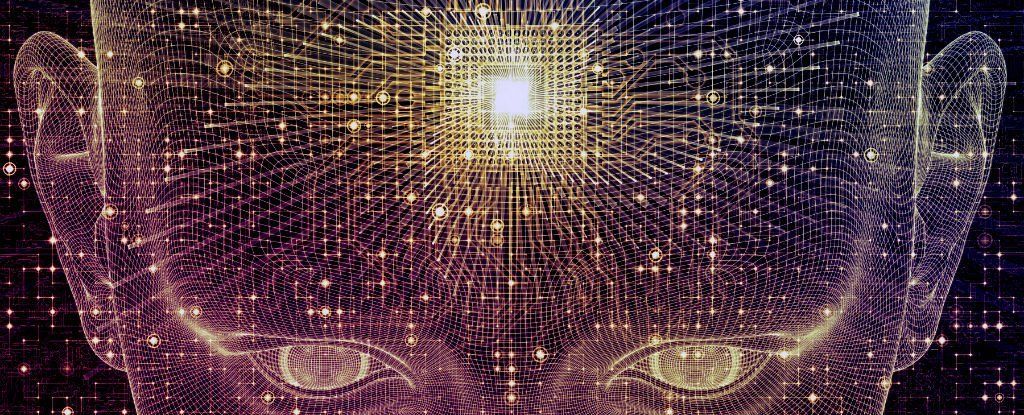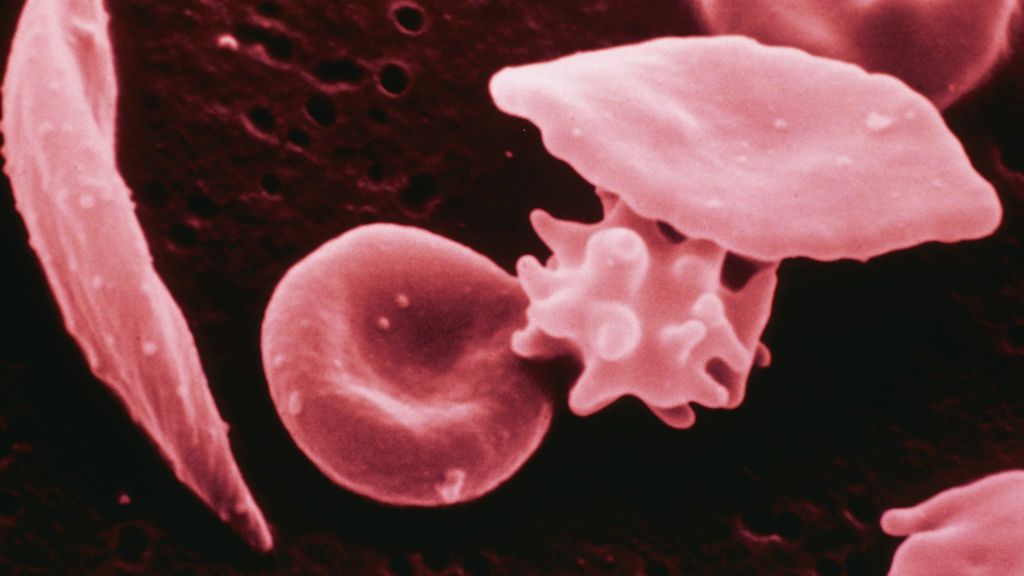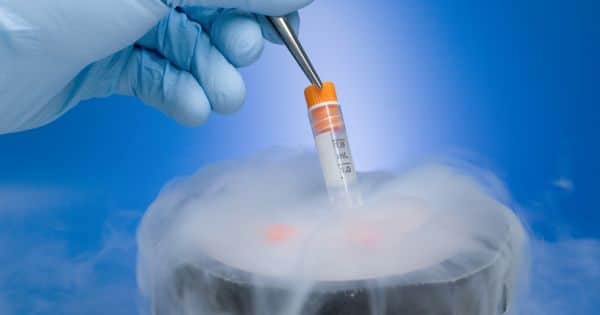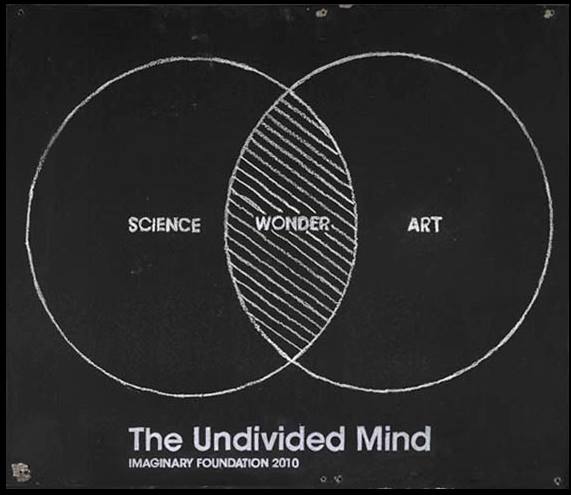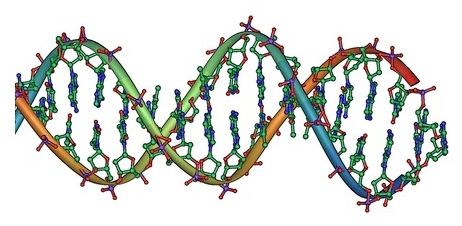Page 10469
Mar 13, 2017
Scientists Want to Build a Super-Fast, Self-Replicating Computer That “Grows as It Computes”
Posted by Shailesh Prasad in categories: computing, information science, quantum physics
Scientists say it’s possible to build a new type of self-replicating computer that replaces silicon chips with processors made from DNA molecules, and it would be faster than any other form of computer ever proposed — even quantum computers.
Called a nondeterministic universal Turing machine (NUTM), it’s predicted that the technology could execute all possible algorithms at once by taking advantage of DNA’s ability to replicate almost perfect copies of itself over billions of years.
The basic idea is that our current electronic computers are based on a finite number of silicon chips, and we’re fast approaching the limit for how many we can actually fit in our machines.
Mar 13, 2017
Teenager’s sickle cell reversed with world-first therapy
Posted by Shailesh Prasad in category: biotech/medical
Mar 13, 2017
Researchers Have Found a “Reset Button” for Aging Cells
Posted by Shailesh Prasad in categories: biotech/medical, life extension
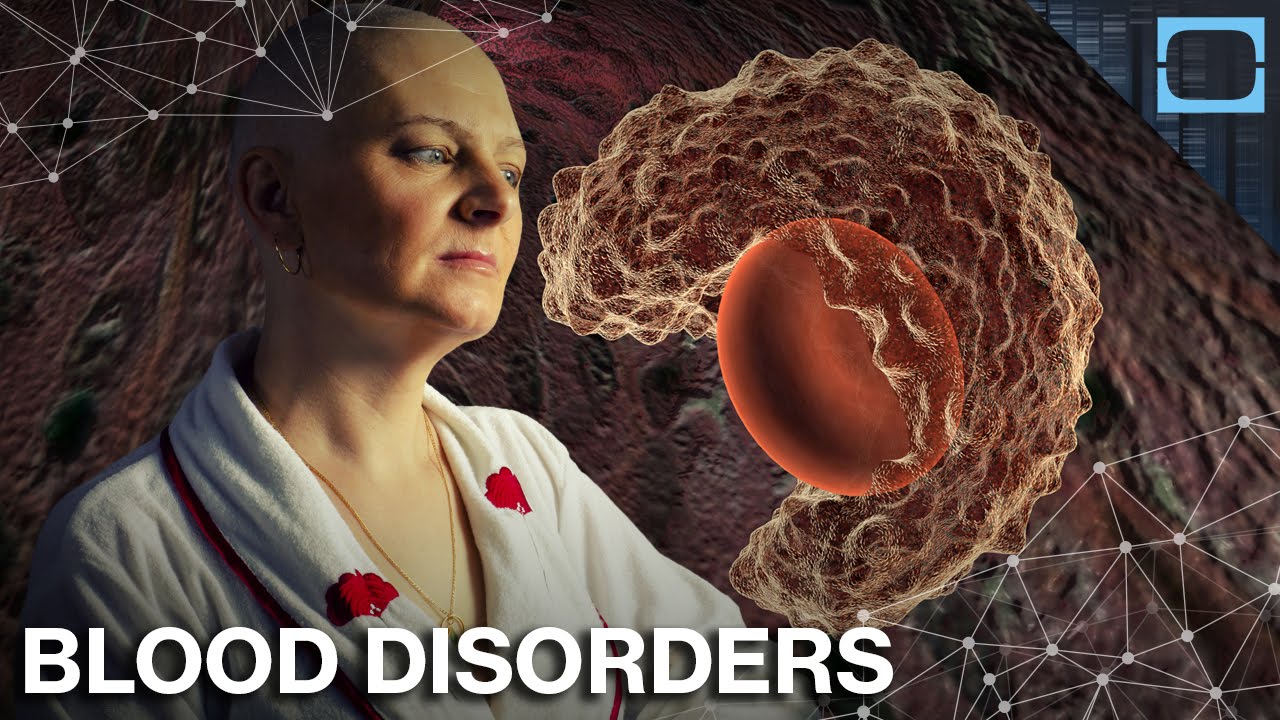
The technique could be particularly useful for combating blood-related cancers and other disorders, as well as its anti-aging potential.
Mar 13, 2017
Scientists Have Made a Huge Breakthrough In Cryogenics
Posted by Shailesh Prasad in categories: biotech/medical, cryonics, life extension
Cryopreservation is the process of freezing organs and tissues at very low temperatures in order to preserve them. While it sounds simple in theory, only a handful of cells and tissues have survived this method. This is because while science has successfully developed ways to cool organs to the very low temperatures required for preservation, thawing them out has proven far more difficult. As the specimen thaws, it forms ice crystals, which can damage the tissue and render organs unusable.
Right now, the process is only a viable option for small samples, such as sperm or embryos. Previous efforts using slow warming techniques have proven to be effective on samples of that size, but haven’t worked for larger tissue samples, like whole human organs. The inability to safely thaw the tissue has also precluded the theoretical concept of cryogenically preserving entire human bodies, with the intention of reanimating them later. The concept has roots in cryogenic technology, but is actually referred to as “cryonics”, and the scientific community generally considers it to be more science fiction than science fact — at least for the time being.
A recent study has made a significant breakthrough which may well begin closing that gap even more. Using a new technique, scientists were able to cryopreserve human and pig samples, then successfully rewarm it without causing any damage to the tissue.
Continue reading “Scientists Have Made a Huge Breakthrough In Cryogenics” »
Mar 13, 2017
Sex Robot Brothel Opens Up in Barcelona
Posted by Shailesh Prasad in categories: robotics/AI, sex
Anyone who watched HBO’s Westworld and came away from it with the desire to have sex with a robot is now in luck. A brothel full of sex dolls has opened up in Barcelona, Spain.
Lumi Dolls offers four models that anyone can reserve for a set amount of time. Thanks to new technology, Lumi Dolls brags that its dolls are among the most realistic on the market — and they cost around €120 per hour, which is about $127. The brothel offers other services as well, including overnight stays and options for couples, but those price quotes require a consultation. Reservations are taken online.
Each of the models come complete with a sort of character page on the Lumi Dolls website, which houses a description of the doll’s anatomy, creative inspiration, and what to look forward to in the doll’s room.
Continue reading “Sex Robot Brothel Opens Up in Barcelona” »
Mar 13, 2017
Scientists get the green light to resurrect the dead with stem cells
Posted by Shailesh Prasad in categories: biotech/medical, neuroscience
Bioquark, a biotech company based in the United States, has been given the go-ahead to begin research on 20 brain-dead patients, in an attempt to stimulate and regrow neurons and, literally, bring the patients back from the dead.
The technique is new and untested so the study will likely be controversial. By implanting stem cells in the patient’s brain, in addition to treating the spinal cord with infusions of chemicals and nerve stimulation techniques (both of which have been shown to bring people out of comas), they hope to reboot the brain and jump-start neural activity.
The result could be people coming back to life.
Mar 13, 2017
Biology is software that builds its own hardware
Posted by Shailesh Prasad in categories: biotech/medical, genetics
Mar 13, 2017
Scientists reveal new super-fast form of computer that ‘grows as it computes’
Posted by Shailesh Prasad in categories: biotech/medical, computing, engineering, quantum physics
Researchers from The University of Manchester have shown it is possible to build a new super-fast form of computer that “grows as it computes”.
Professor Ross D King and his team have demonstrated for the first time the feasibility of engineering a nondeterministic universal Turing machine (NUTM), and their research is to be published in the prestigious Journal of the Royal Society Interface.
The theoretical properties of such a computing machine, including its exponential boost in speed over electronic and quantum computers, have been well understood for many years – but the Manchester breakthrough demonstrates that it is actually possible to physically create a NUTM using DNA molecules.

